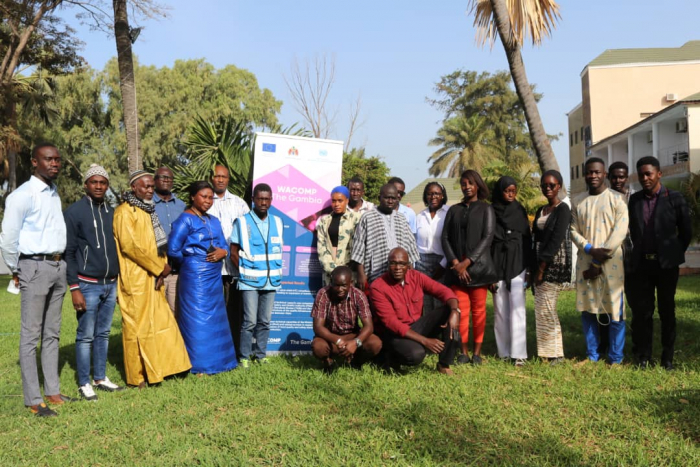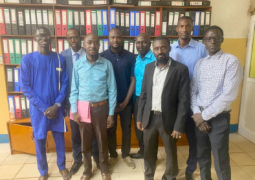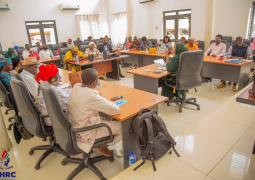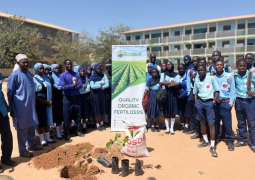
Funded by the European Union (EU), The Gambia component of the WACOMP project is aimed at increasing The Gambia’s competitiveness through enhanced quality compliance along the onion value chain by improving the performance, growth and contribution to industry, regional trade and exports of onion and other horticulture value chain.
WACOMP in The Gambia is implemented by the United Nations Industrial Development Organization (UNIDO) and United Purpose (UP) in partnership with the Government of The Gambia.
Participants acquired basic knowledge of The Gambia’s quality infrastructure, the onion and horticulture value-chains and were introduced to WACOMP’s planned interventions in increasing the country’s competitiveness.
“The media has a big role to play in the development of the country’s horticulture and quality infrastructure system. Journalists are our valuable partners and the training is timely as it has better equipped them to effectively report on the sector for positive societal change,” said Joseph Ndenn, National Technical Coordinator for WACOMP-GM.
He urged participants to increase their focus on these underreported sectors by producing in-depth human interest stories that will make differences for value chain actors.
Ebrima Bah, a reporter at The Gambia Radio and Television Services (GRTS) said the training could not have come at a better time and that it exposed them to fact-based reporting on horticulture and quality infrastructure.
“Knowing how to report on these subjects has enabled us to produce stories that will have a great impact on the lives and livelihoods of vegetable farmers,” he said, adding that they now have the capacity to take on value chain actors and policy makers with a view to adequately addressing the challenges confronting the sector.
Read Other Articles In National News





